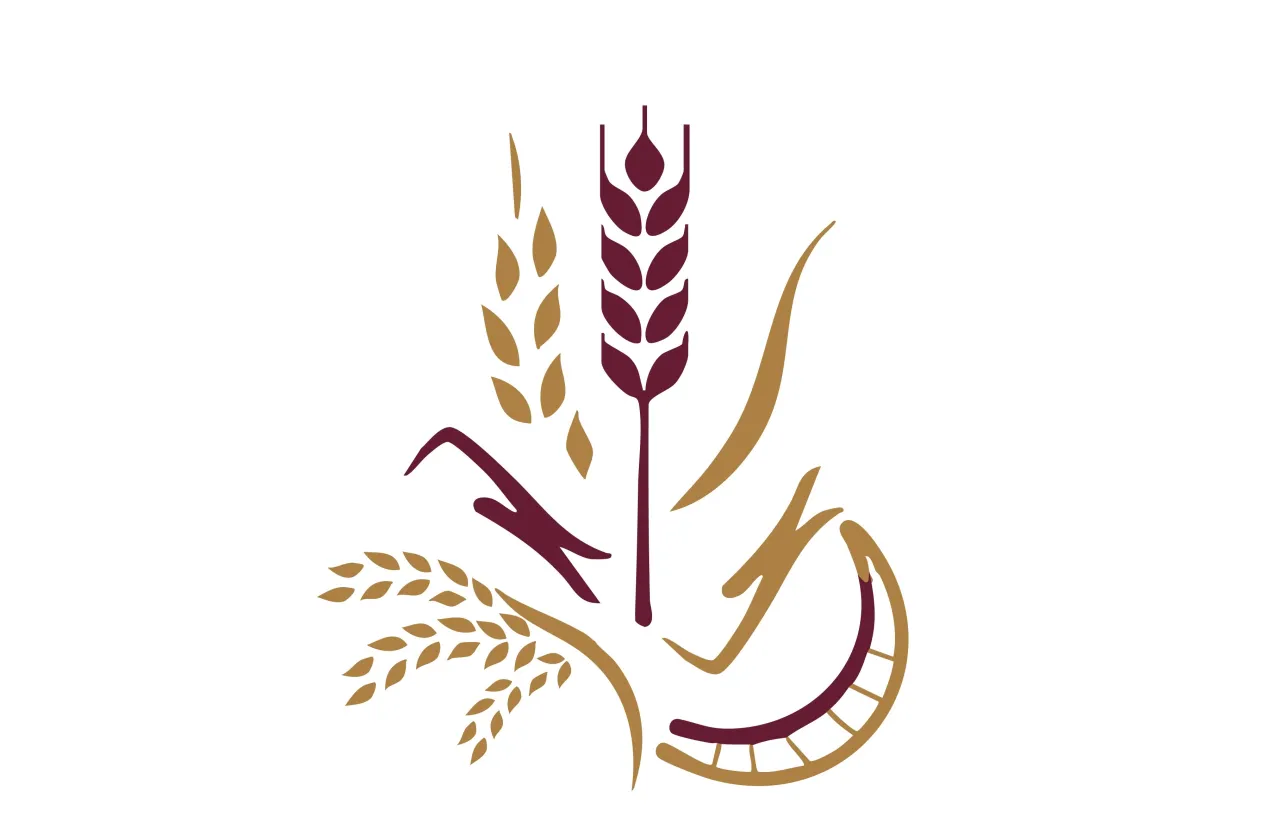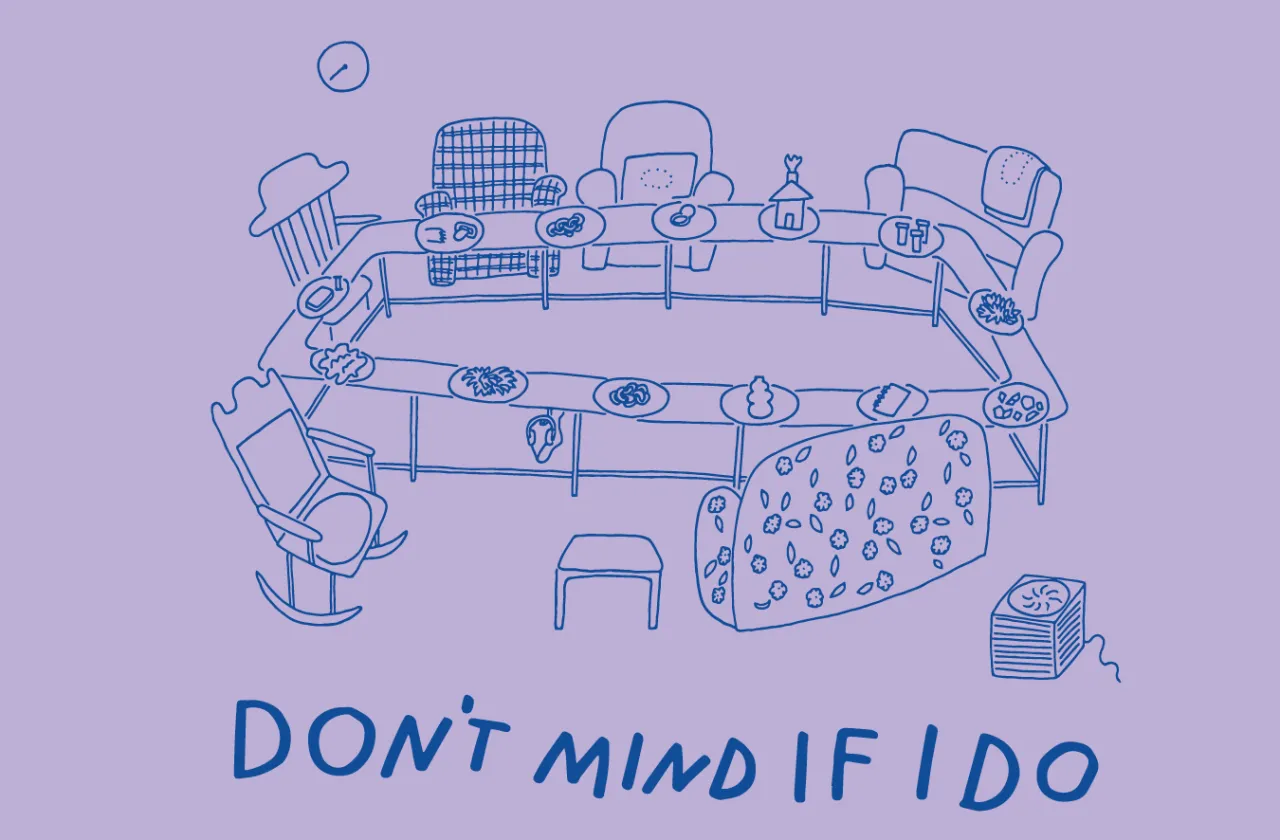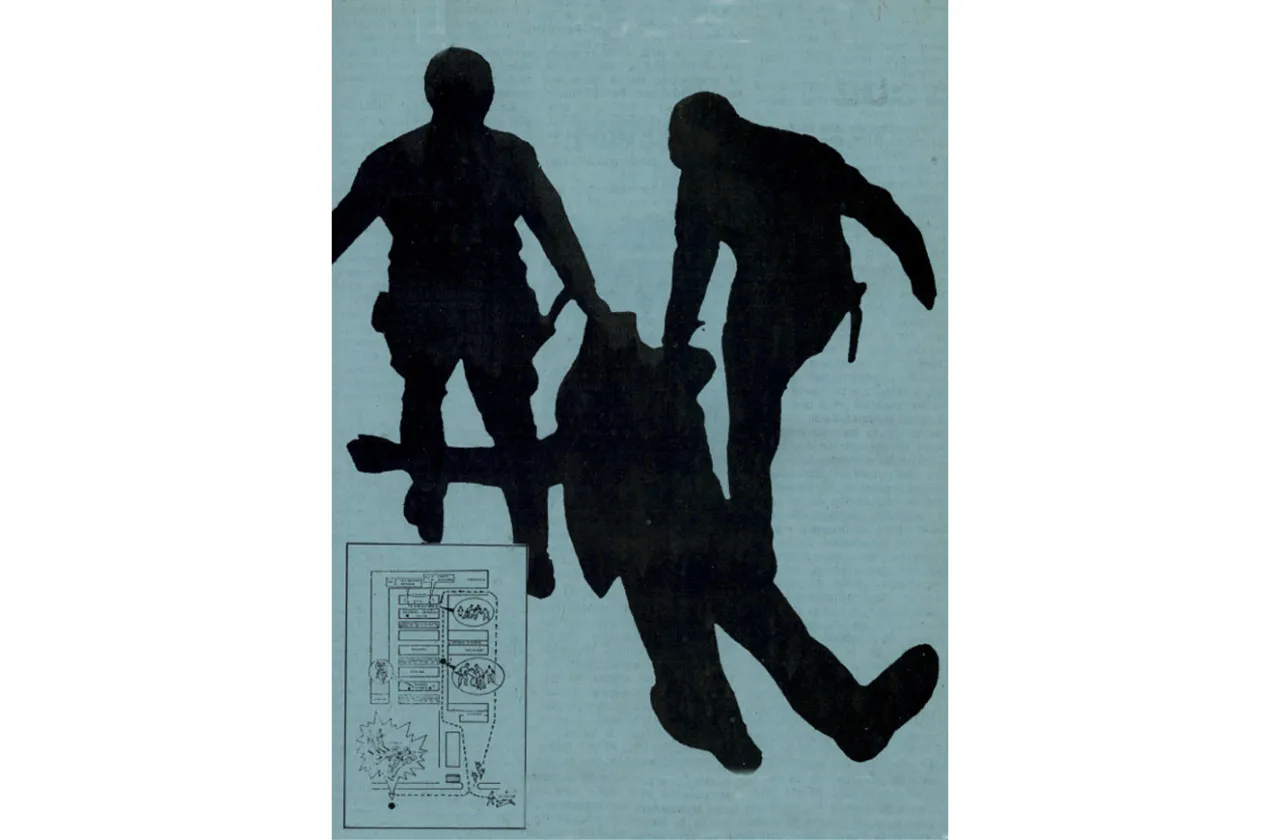Kahn Projects
Long- and short-term projects are the focus of the Kahn Institute. Kahn projects invite up to 18 Smith and Five College faculty members, as well as Smith students and staff, to explore, discuss and debate as a group topics of broad interest to a multidisciplinary crosscut of scholars. Kahn projects are typically co-organized by two Smith faculty members. Project organizers receive course releases, stipends and other compensation.





